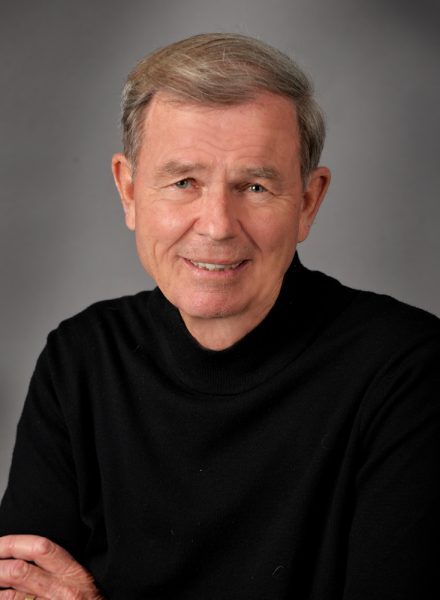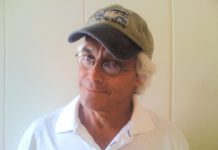Houston, We Have a Problem

By Skip Hellewell
It was first reported in the ‘80s that Americans were, well, getting fat. The received wisdom said we should eat fewer calories and move more. We tried—buying lower fat milk, reduced calorie foods, and joining gyms—but waistlines kept growing. The latest CDC report says adult obesity (defined as body mass index or BMI over 30) has now passed 40%, plus many more are overweight (BMI more than 25). Experts call the overweight epidemic a slow-motion disaster, a ticking time bomb. Houston, we have a problem.
It’s a problem because overweight increases risk for diabetes, heart disease, hypertension, etc., diseases no sensible person would want. Worse, they’re risk factors for COVID-19 mortality. Mortality means death. Right now, the pandemic is in the headlines but in the background thoughtful nutritionists are rethinking the failed overweight solution of “fewer calories, more exercise.” Scientists called it the ‘energy balance model,’ based on the First Law of Thermodynamics of conservation of energy. Though a theory, it’s baked into USDA Dietary Guidelines for Americans 2020-2025: “Losing weight… requires adults to reduce the number of calories they get from foods and beverages and increase the amount expended through physical activity.” It wasn’t bad guidance, but it didn’t solve the problem.
The current issue of “American Journal of Clinical Nutrition” (AJCN) has an article by 17 prominent nutritionists proposing a new theory: Maybe it isn’t the “quantity” of calories but the “quality” of those calories. In medical jargon, it’s the “carbohydrate-insulin model.” Insulin is a primary actor in the system that reduces blood glucose by converting it to fat. Simply put, consuming refined foods, notably sugar, produces a blood glucose spike, which is followed by an insulin spike that converts glucose to fat. See the problem? It raises a basic question: Do we know how to eat?
In olden times, people didn’t wonder what to eat—they ate the food that grew locally. Railroads, food factories, and clever advertising brought an ever-growing cornucopia of new and convenient food-like products. Sadly, this was followed by the rise of chronic diseases including overweight, diabetes and heart disease. Unfortunately, our modern taste for refined, energy-dense foods was well established before we recognized this new problem.
Among the noted authors of the AJCN article is Gary Taubes, writer of carefully researched books like “Good Calories, Bad Calories,” 2007; “Why We Get Fat,” 2011; and “The Case Against Sugar,” 2016. The titles tell the story but you can get an overview by reading his recent article, “How a ‘fatally, tragically flawed’ paradigm has derailed the science of obesity.” If you want more information, that article will lead you to the AJCN report.
Taubes, with others, has been a voice crying in the wilderness. The current pandemic could have a silver lining by teaching the importance of eating as our great-grandparents ate. Such habits aren’t easily changed but it could be a matter of life and death. There’s meaning in that.
Skip fell in love with Laguna on a ‘50s surfing trip. He’s a student of Laguna history and the author of Loving Laguna: A Local’s Guide to Laguna Beach. Email: [email protected]




